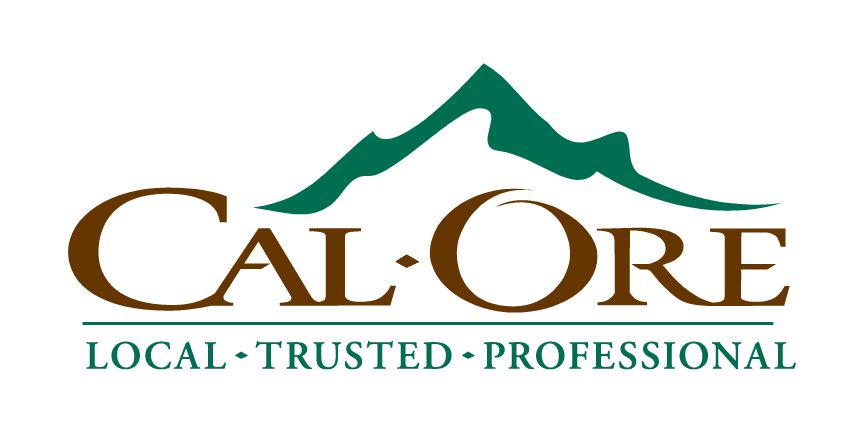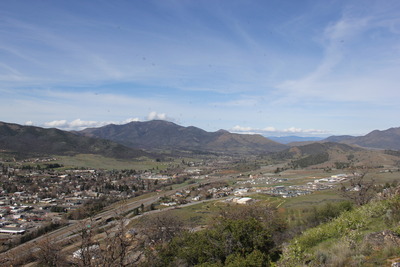Karuk Tribe – Better Connected Than Ever Before
The Karuk Tribe relies on technology in more ways than one — and it has certainly made life easier for its members in Happy Camp, Yreka and Orleans, California. The word Káruk means “upriver people,” referring to the indigenous groups who have lived in small villages along the Klamath River for thousands of years.
With its own elected government, the tribe has worked extremely hard to provide various service programs for the community in healthcare, government, education, natural resources and more.
IT Director Eric Cutright manages the small team that is responsible for maintaining all network computer and phone systems for the Karuk Tribe. “The work I do is good,” he says. “I’m helping a people who have been historically underserved.” The tribe earned federal recognition in the 1970s, becoming a “Self-governed Tribe” and helping to establish government-funded services for members and other people in the area.
The most widely-used programs are in healthcare. “We’re interested in providing for the overall health of the community, not just the medical side,” Cutright says. The services offered range from primary care doctors and dentists to social workers to counselors — and technology plays an important role in all of them.
“We use technology on a regular basis here. If the network were to go down, things would be a mess,” Cutright says. The tribal offices in Yreka are on the outskirts of town where traditional service providers don’t reach. Until Cal-Ore came in with Fiber, the office was still relying on dial-up internet and suffering badly from lack of bandwidth.
Clinics made the switch to keeping medical and dental records electronically five years ago. Cal-Ore connects all the Yreka offices together as a fiber local area network, so all three communities can stay connected. “We’ve seen an overall improvement in productivity and we can diagnose and solve most issues much faster now,” says Cutright. Now the team can address network problems remotely instead of spending half the day driving between offices.
Recently, with an improved connection, they’ve also been able to offer “telemedicine,” or live video conferencing to serve patients remotely. “Let’s say a patient needs to make a cardiology appointment but the doctor is in Sacramento,” Cutright says. “Instead of having to drive for hours, we can set up a video appointment from any of our locations.”
Cutright believes access to reliable internet should be as universal heat or electricity. “It’s the new utility of the 21st century,” he says. “People in rural areas just don’t have the same access and often end up with much poorer connections.” With better bandwidth, the tribe has seen improvements all across the board — in education, government and public safety.

 A Connected Community
A Connected Community